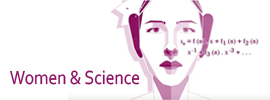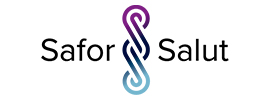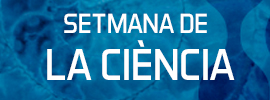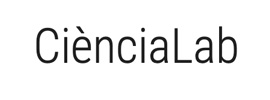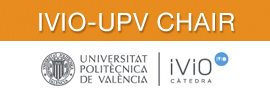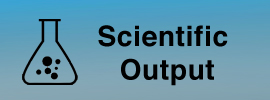The prototype, developed by the Universitat Politècnica de València (UPV) jointly with the Fisabio Foundation (Morella Health Center), enables remote diagnosis of patients in the presence physician assistants for rural healthcare centers with no on-site consultations.
This tool can connect to different devices such as a thermometer, glucometer, pulse oximeter or blood pressure monitor, taking histories of each visit and monitoring chronic patients to detect emergency situations and bring in medical teams as needed.
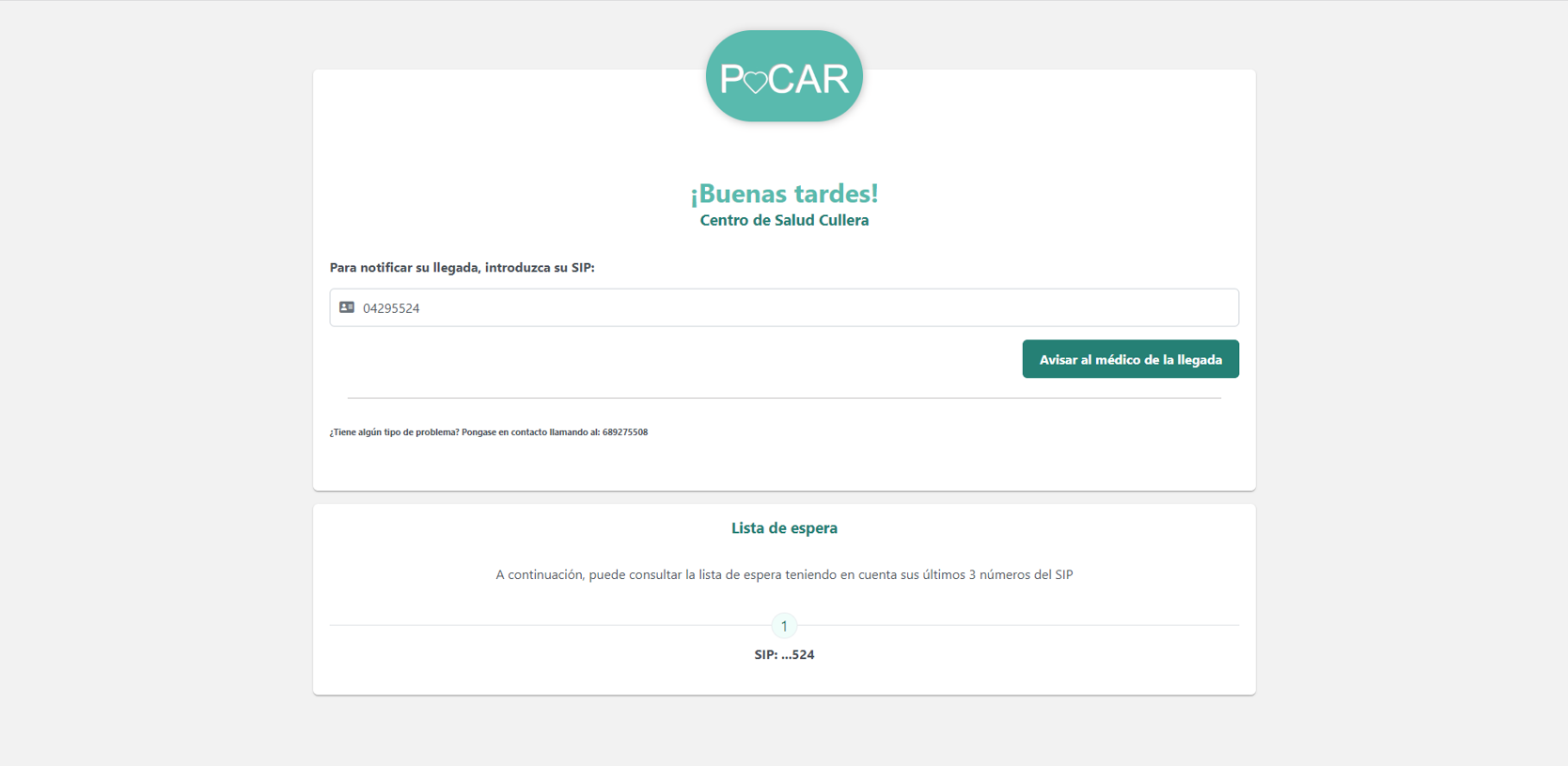
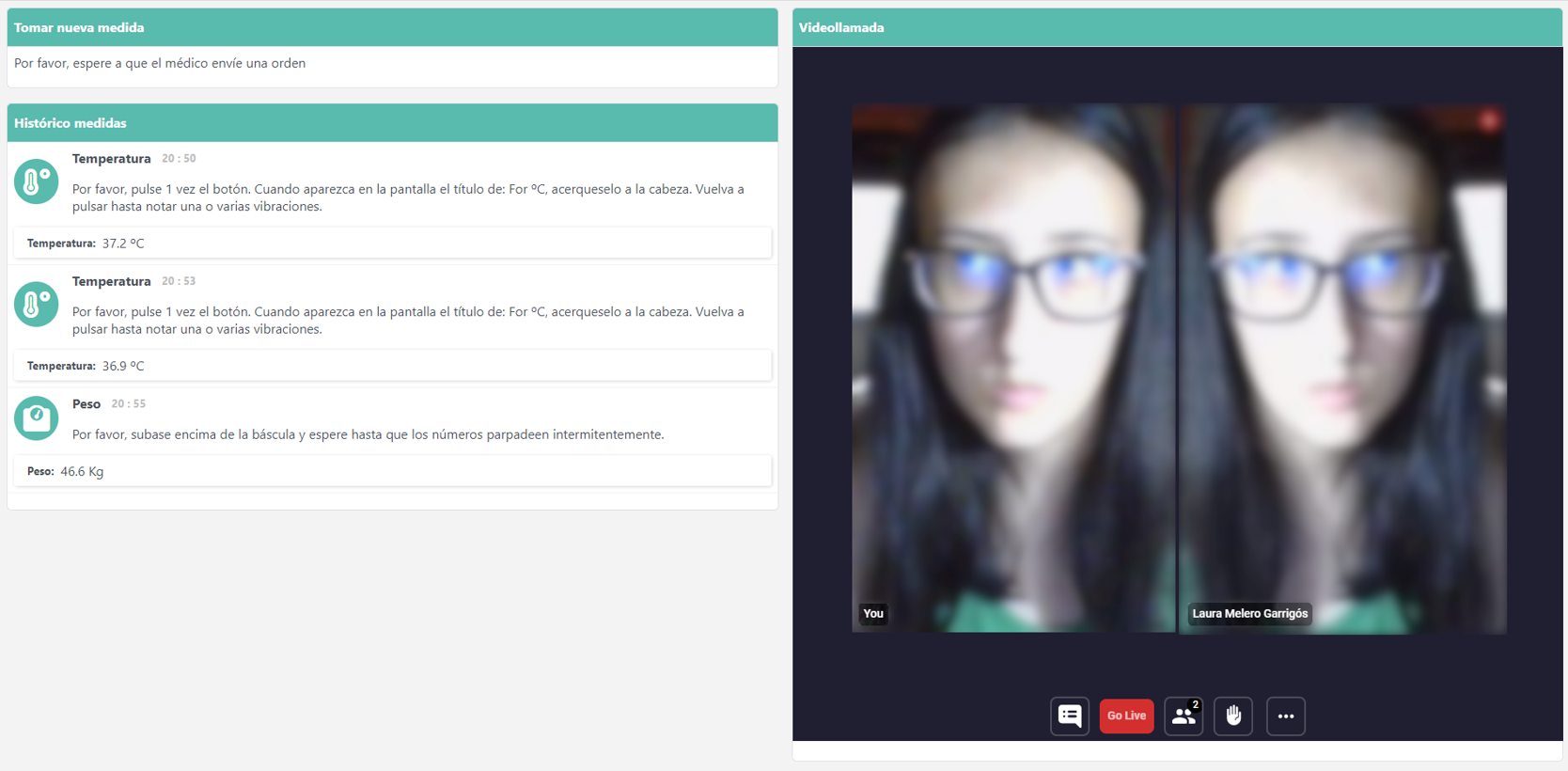
The tool consists of an application connected to a tablet that also communicates in the cloud to allow patient monitoring. Doctors can carry out remote video-consultation with patients and view the readings of devices, with the aid of a physician assistant. This way they can keep track of the patient, especially those with chronic conditions, or diagnose remotely, as well as prescribe medication.
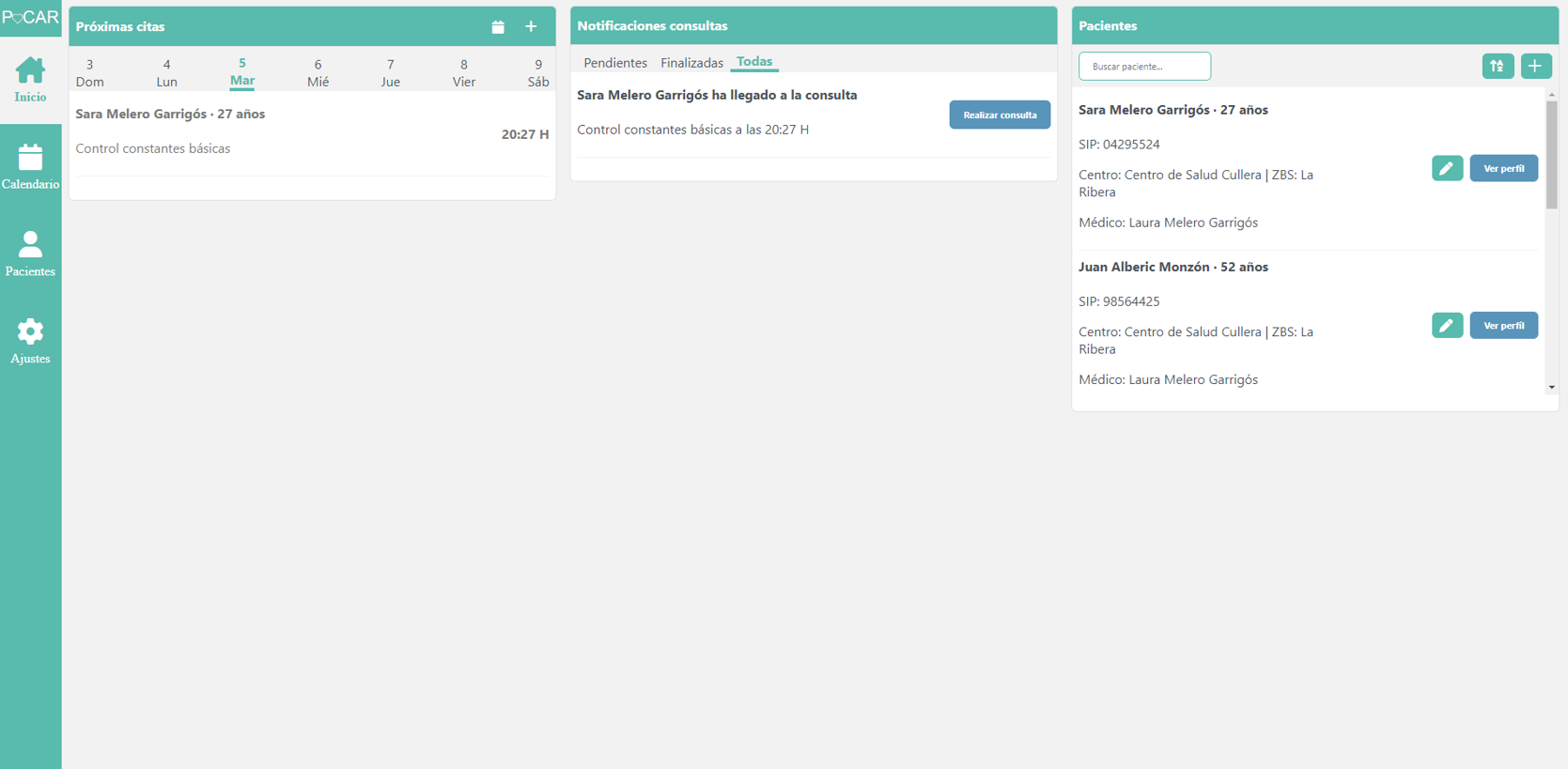
Compared to appointments over the telephone, which limit the accuracy of diagnoses and are largely unsatisfactory experiences for patients, this tool offers a number of advantages. First of all, it provides more rigorous and precise patient care. Secondly, there is more frequent patient monitoring with a centralized record of the readings over time.
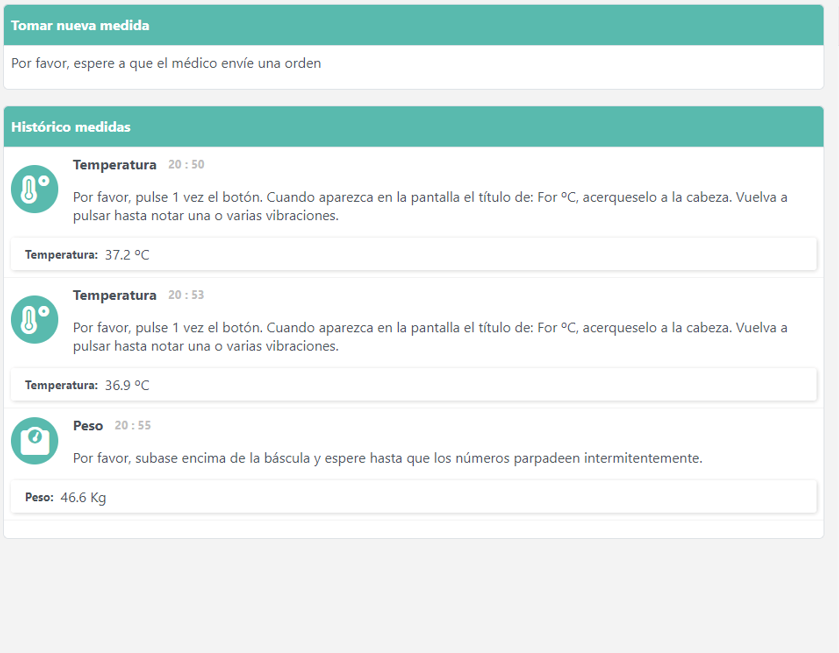
“The idea is for the tool to make an initial diagnosis to detect whether or not it’s an emergency, and if so, to send in a medical team. There is also a camera for videoconferences to make the patient feel greater proximity. The next step will be to incorporate a high-precision camera to to see and diagnose issues related to dermatology,” according Juan Miguel Alberola, principal researcher of this project from the VRAIN institute and professor at Campus Gandia (UPV).
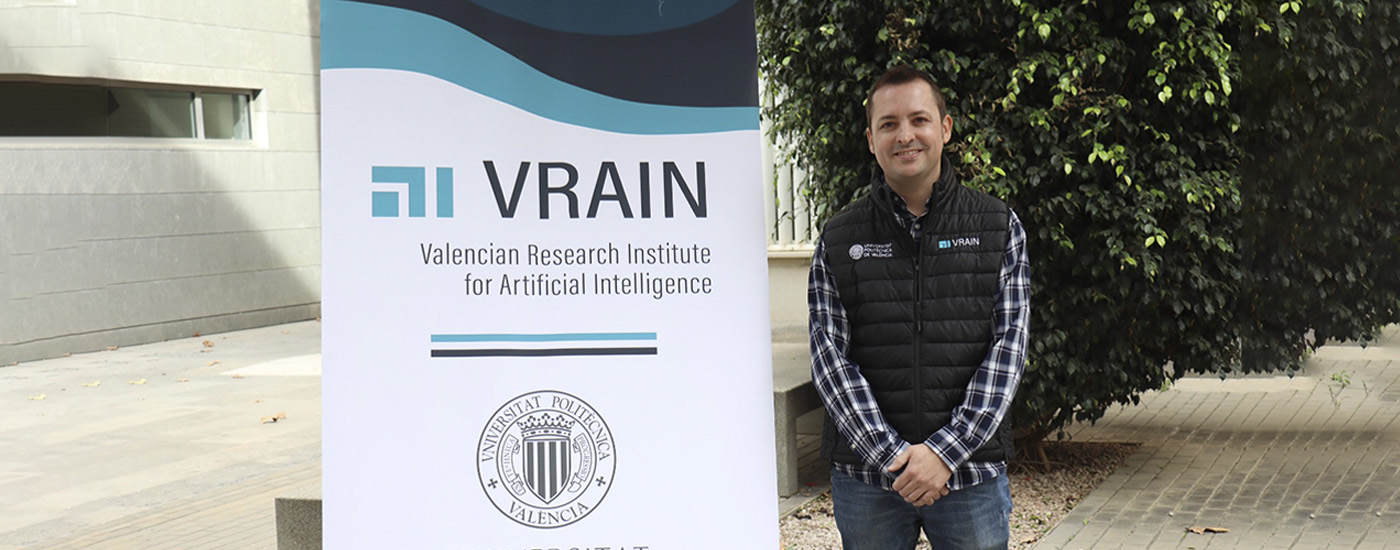
Nel·lo Monfort, a doctor from Vallibona and Castell de Cabres, coordinator of the Morella Health Center and principal investigator of the project for Fisabio, affirms that “the device can improve the accessibility and equity of the public health system for the rural population, as well as prioritize travel by healthcare providers or patients when necessary. Moreover, maintaining resources and services in rural areas reverses territorial inequity and health inequalities, which are major causes of depopulation.”

Movilidad de las zonas rurales
In this regard, Juan Miguel Alberola, a professor at Campus Gandia (UPV) adds that “the fundamental problem that exists in rural areas is mobility. In these areas there is often just one doctor covering several small towns, and who only visits the branch clinic twice a week. When there is an emergency, it is usually the patient – usually elderly – who has to travel to the nearest health center, often on poor roads, especially in winter.”
Rural depopulation is a threat to the European population. The estimated decline in numbers of the rural population in Spain has been by around 40% since 1950, with more frequent declines expected in the next two decades. In rural areas, the population is usually older than in urban areas and will begin to decline slowly over the next decade. This depopulation has implications for services such as medical care, that are limited in rural settings.
In the Valencian Community there are rural areas such as the Els Ports region that connects 7,075 inhabitants distributed in 17 municipalities, the vast majority being elderly and disperse.
This situation, as Juan Miguel Alberola highlights, “makes it necessary to offer a high-quality remote health care system for patients in rural areas. In the coming years, telehealth or telemedicine, especially as a result of Covid-19, will develop to offer higher quality and more precise care than the telephone call. AI will never be able to replace a person but it will be much more accurate than a phone call.”
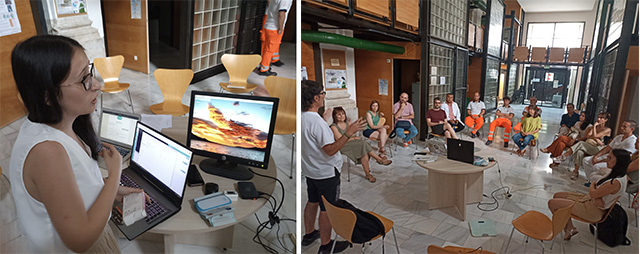
Collaboration between entities
The Fisabio Foundation and the UPV, with the aim of generating synergies and stimulating new collaborations between research staff, health personnel and university professionals, collaborate through the UniSalut Program (Polisabio), the application period is currently open. The tool was developed thanks to this collaboration, specifically under the “Preparatory Actions” grant given to the program.

